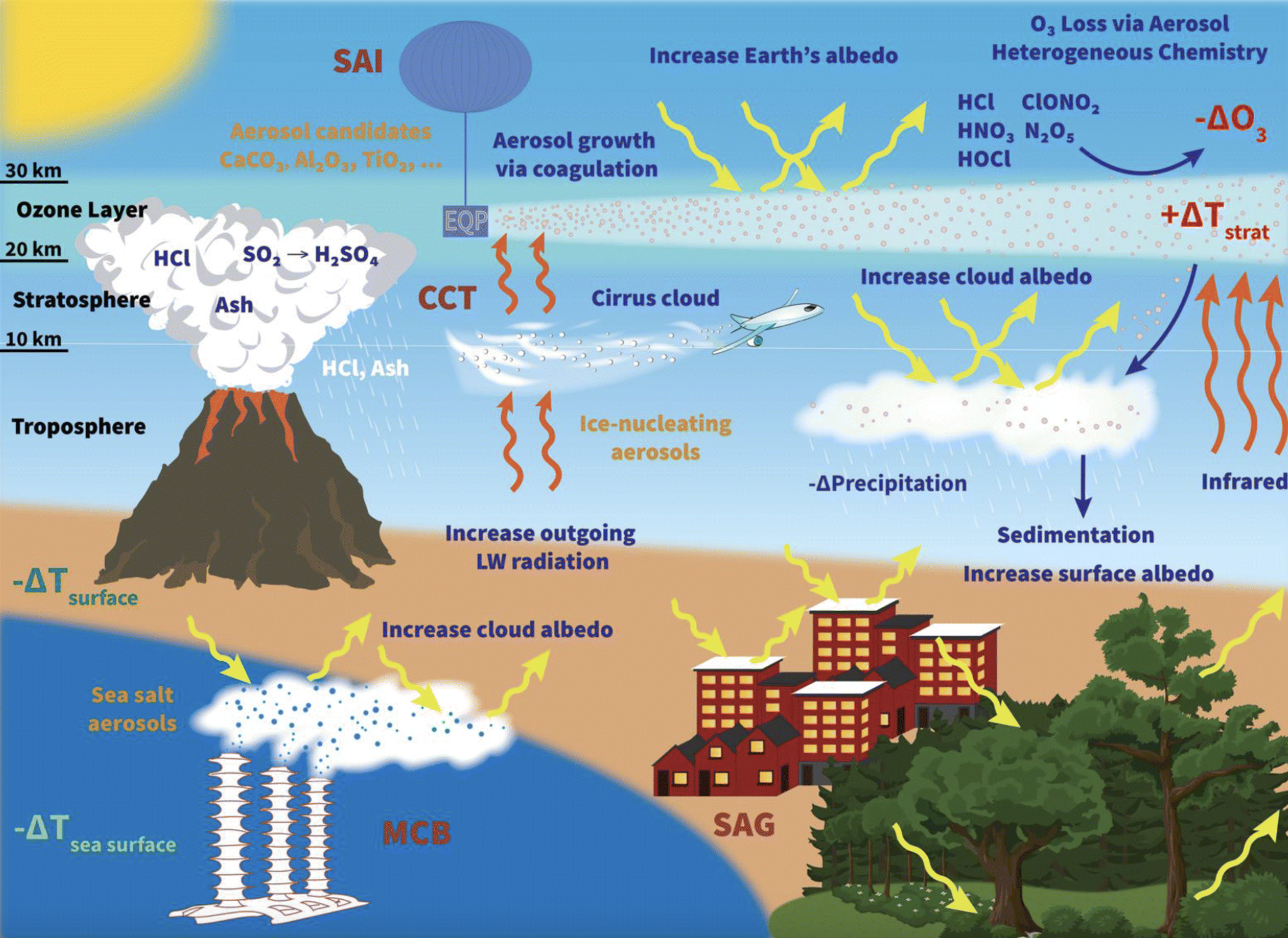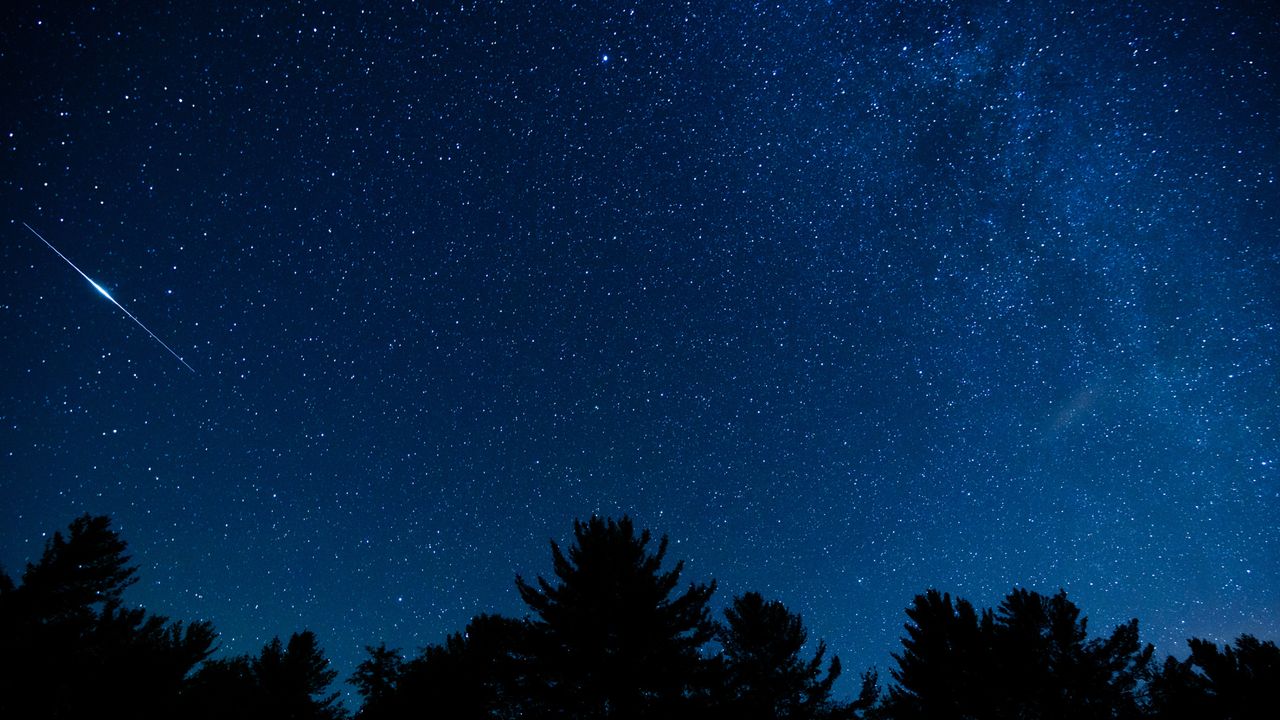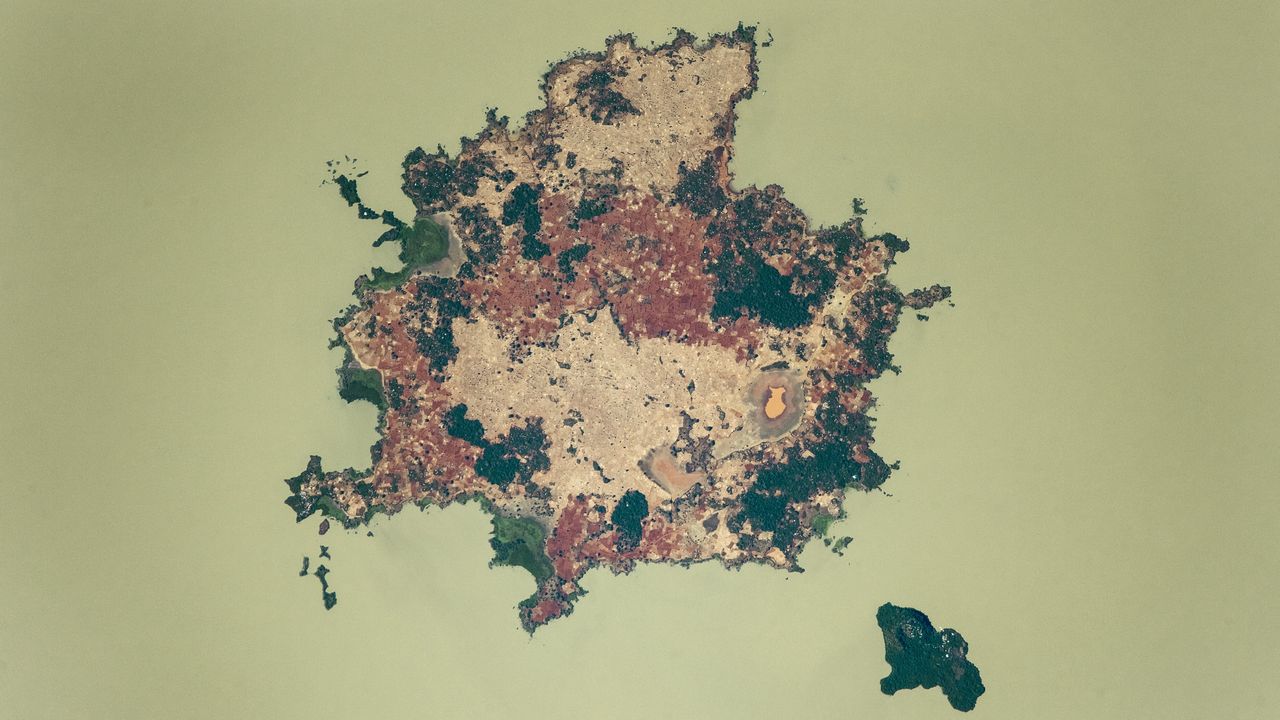George F. Smoot, Who Showed How the Cosmos Began, Is Dead at 80
NegativeScience

George F. Smoot, a pivotal figure in cosmology who played a crucial role in confirming the Big Bang theory, has passed away at the age of 80. His groundbreaking work earned him a Nobel Prize in Physics, highlighting the significance of his contributions to our understanding of the universe's origins. Smoot's legacy will continue to inspire future generations of scientists and enthusiasts alike.
— Curated by the World Pulse Now AI Editorial System





